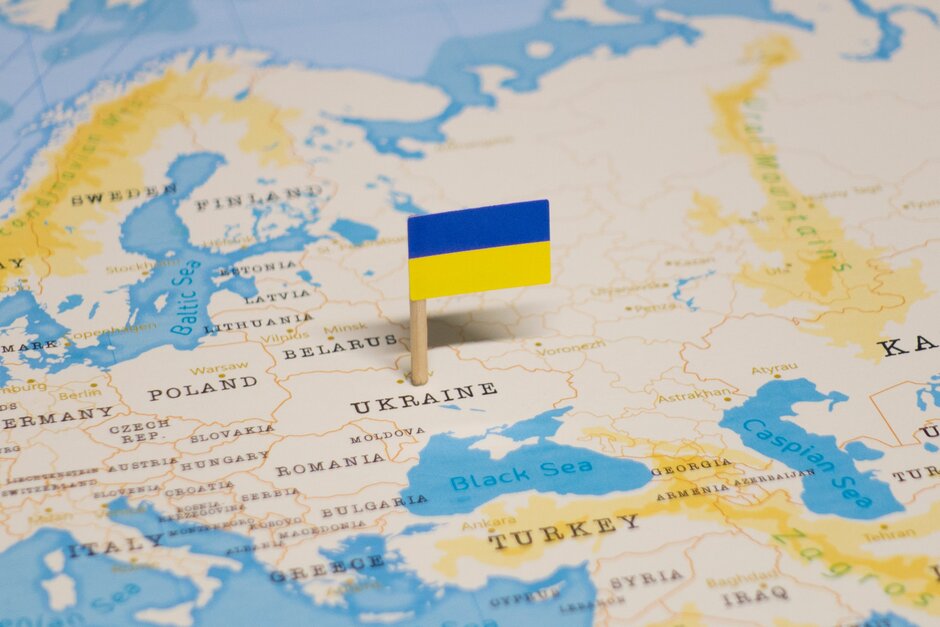Several signals point to an escalation in the war in Ukraine as victory day looms
-
With the May 9 Victory Day approaching, we think Russia is likely to step up their offensive against Ukraine. While we keep our base case of a frozen conflict in Ukraine, in this brief note, we discuss four early signals that could point to an escalation.
-
Signals emerging in the last two days that point to this direction include: 1) Lavrov’s warning of a nuclear war, 2) a potential false flag operation in Russialeaning Moldovan break-away region Transnistria, 3) Germany’s sudden reversal of its earlier decision not to send heavy weapons to Ukraine and 4) Russia’s new round of joint military drills with Belarus starting today.

It is more than two months since Russia started its large-scale attack on Ukraine. Also, it is less than two weeks until May 9, the Victory Day when Russians celebrate their victory over Germany in the WW2. It is ever more apparent that Russia has not achieved any of the objectives in its ‘special operation’ in Ukraine, largely thanks to a remarkable Ukrainian resistance and heavy military support by the Western nations. Still, many believe that Victory Day remains an important deadline for Russia and that by May 9 they would prefer to have some concrete results to celebrate with the Russian public.
The looming Victory Day raises the sense of urgency on the Russian side, and same time, we now see several signals pointing to a potential escalation in the war. On Tuesday, Russian Foreign Minister Sergei Lavrov warned of the risk of nuclear war saying “the danger is serious, the danger is real, and shouldn’t be underestimated”. We still think the threshold is high, particularly for using strategic nuclear weapons, but Lavrov’s comments should not be ignored. We think Russia’s clear underperformance in the conventional warfare increases the risk of them resorting to the use of tactical nuclear weapons or chemical or biological weapons. Such action could prompt a more aggressive response by the West/NATO, which could lead to an escalation.
On the evening of April 25, headquarters of the Ministry of State Security in the Moldovan separatist republic of Transnistria came under attack from a grenade launcher. Transnistria is a self-proclaimed independent state since 1992, but no country has recognized its independence. Russia has military presence (officially called peacekeepers) in the region. Also, on the evening of 25th, Russian media reported that Romania, with the support of NATO and with the participation of the Ukrainian army, plans to seize Transnistria and is carrying massive political repression against supporters of Russia in the region. On Tuesday April 26, two explosions damaged Soviet-era radio masts that broadcast Russian radio in the same region, prompting an urgent security meeting convened by Moldova’s president.
Author

Danske Research Team
Danske Bank A/S
Research is part of Danske Bank Markets and operate as Danske Bank's research department. The department monitors financial markets and economic trends of relevance to Danske Bank Markets and its clients.

















